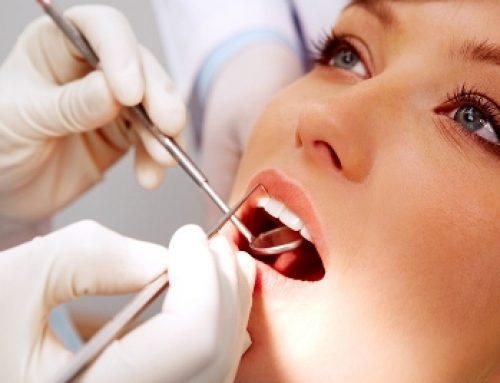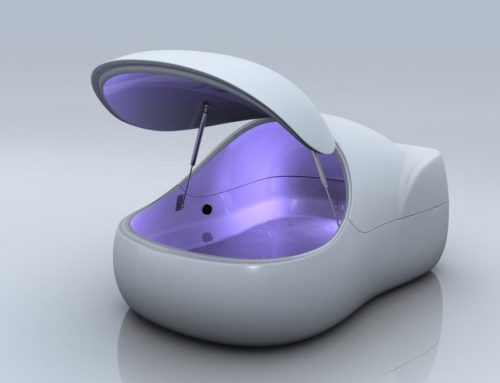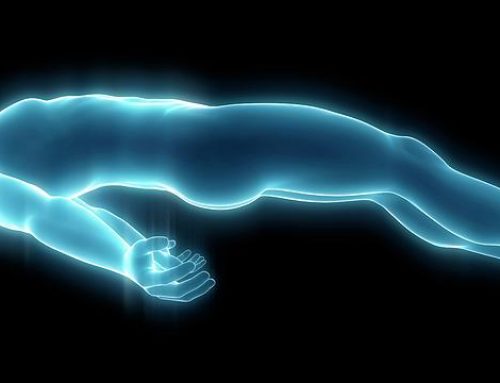Oral discomfort is a part of life for many new denture wearers. If it’s a problem for you, getting used to dentures and how to wear them well is paramount to your health. Fortunately, you don’t need to sacrifice comfort for a great new smile. Try on these tips to help you adjust to your new teeth.
1. Set Realistic Expectations
Like braces, your dentures will feel like a foreign object at first. It may even seem embarrassing to learn how to speak or eat naturally while wearing them. It’s normal to incur a little shock and discomfort as you’re getting used to this, but keep in mind it won’t last forever.
As you become accustomed to speaking and eating, patience is key. Depending on the amount of extractions needed, according to the American College of Prosthodontists, expect the area to be sore for several weeks after the surgery. Visits to your dentist to readjust your dentures can help relieve some discomfort in the meantime. Also, consider taking out your dentures every four hours or so as your gums and jaw are still getting used to them.
In this early phase of wear, however, don’t forego nutritious foods for more forgiving, processed items. “Lost teeth don’t have to mean lost health,” assures the American Dental Association (ADA). While chewing smaller portions can make it easier to bite down, start with softer foods that are easy to chew at first and take time to work up to items that are harder – like red meat or apples.
2. Sing Your Speech
Taking a page from professional speech therapists, per Articulate Technologies, music is a great form of speech training. With your new dentures, try singing along to your favorite music during the day. Techniques like singing smooth, fluid phrases at slower rates can help you get used to forming certain words more easily so your dentures won’t feel like a hindrance.
Denture Emergency Repair Clinic Perth
3. Exercise Your Cheeks
Your buccinator muscles are your cheek muscles, which help direct the food in your mouth as you prepare to swallow. So, like working out any body part, building these muscles in the first few weeks (or prior to getting your dentures) can give you more control over your meals while eating. Engage these muscles by holding an exaggerated smile for 10 seconds, as recommended in The Arizona Republic, and try this a few times a day.
If you continue to have cheek pain, it can be a sign of ill-fitting dentures as well. Be sure to schedule a dentist visit if you feel any ongoing discomfort.
4. Experiment with an Adhesive 
Talk to your dentist or prosthodontist about the best dental creams or adhesives currently available, and experiment with what kind works best for you. A small amount can go along way to reducing early irritation. But don’t substitute this adhesive for poorly fitting dentures; always make an appointment with your dentist if you feel you need a more lasting adjustment for a better fit.
5. Follow Your Post-Extraction Plan
One of the most important steps you can take when getting used to dentures is to be on top of your treatment plan. Everyone heals differently, and your mouth will be sore following a given extraction. Depending on whether you have full or partial dentures, it may also take longer for you to feel comfortable wearing them, as dentures come to fit differently as your gumline shifts over time. Therefore, taking any medication as prescribed while attending your appointments for all necessary changes will help cut down on your discomfort during this transition.
Ultimately, don’t miss any of your dental visits after the first few months of wearing dentures. Even now that you have new teeth, it’s just as important to always keep with your regular checkups and take care of your oral hygiene at home. Products like Colgate Total® Advanced Pro-Shield™ Mouthwash, which kills 99 percent of germs right away, will soon make your new smile feel as good as it looks.
Source: Colgate.com







Leave A Comment